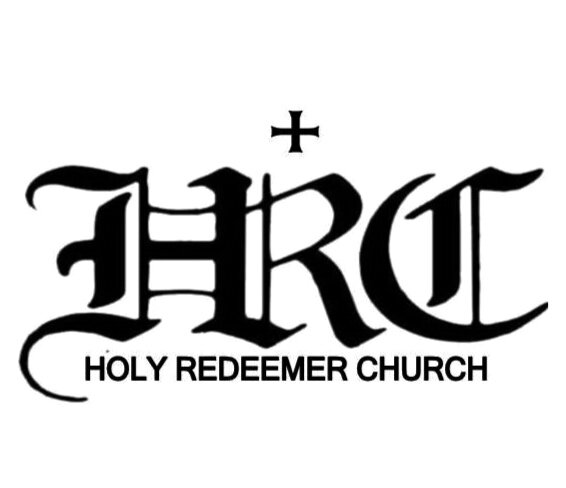AT THE SCHOOL OF THE PENTECOST
MAY 19, 2024 | Acts 2:1-11; Ps. 103; Gal. 5:16-25; John 15:26-27;16: 12-15.
The first Pentecost happened 2000 years ago. However, Pentecost is not only a far-off event, but a promise. A promise that The Holy Spirit continues to guide, comfort, strengthen and renew the Church. Jesus said:
“My Father is working until now, and I am working.” (John 5:17-18).
Our society as a whole and each of us as individuals are facing many demons, such as sadness, anger and fear of what is going on, wars, abortions, sickness, cancer, hunger, human exploitation, abuse, corruption and inflation. We need to experience a new Pentecost again and again. We need a life in the spirit, which is the expression of a life filled with joy – love and forgiveness of the enemies, letting go of the grudges with joy and a smile, and living a life of charity. This is a true life in the spirit that the Holy Spirit comes to teach us. He is indeed the Teacher that we need to follow.
The Holy Spirit our Teacher
In the Gospel of John, Jesus says:
“But the Comforter, who is the Holy Ghost whom the Father will send in My name, He shall teach you all things and bring all things to your remembrance, whatsoever I have said unto you.”
(John 14:26)
This specific role of the Holy Spirit as our teacher is very realistic. This means, He is going to help us see things in a new way with the eyes of Jesus.
The Holy Spirit teaches us where to begin (John 14:15)
The Spirit will teach us where to begin everyday. The starting point of your everyday life should be the love of Jesus.
“If you love me you will keep my commandments” (John 14:15)
The love of Christ is the basis of everything and it the spirit of God that pours out love into our hearts (cf. Romans 5:5). He is the Engine, and the Mover of our life. He is the Memory of God. He reminds us of whatever Jesus had taught. He constantly reminds us that God loves us, heals us and comforts us at all times, especially when we have fallen. He teaches us how to forgive and to be reconciled with the past and how to begin anew.
The Holy Spirit teaches us which paths to take (Romans 8:5)
St. Paul is somehow a specialist of life in the spirit. He reminds us that,
“Those who live according to the flesh have their minds set on what the flesh desires; but those who live in accordance with the Spirit have their minds set on what the Spirit desires” (Romans 8:5)
It becomes clear that those led by the spirit produce the fruits of the spirit such as love, joy, peace, patience, kindness, generosity, faithfulness, gentleness, self-control (cf. Galatians 5:22-23). Celebrating Pentecost invites us to always discern the true voice of the spirit in our lives-which path is of the spirit and which one is not. Pope Francis once said that,
“The Holy Spirit will never tell you that everything will go alright. No. He corrects you. He makes you weep for your sins; he pushes you to change; to fight against your lies and deceptions, even when that calls for hard work and interior struggles and sacrifices” (Pope Francis, Homily Pentecost, 2022)
Contrary to the Holy Spirit, the evil spirit always pushes you to do what you think and find pleasing. He makes you think that you have the right to use your freedom whenever and however you want even when you feel empty inside. He blames you, blames others for your problems, always criticizing others, suspicious, complaining and frustrates you and destroys you, brings negativity, sad thoughts... Yet the Holy Spirit always stays with you and he is there to comfort you and encourage you to get up, to change and to become a new person. He teaches us the paths of joy, peace, unity and love.
The Holy Spirit teaches the
Church how to walk (Acts 2:1-11)
The Holy Spirit reminds us of the importance of the upper room for private prayer as well community prayer. The Apostles and disciples of Jesus, altogether 120 present, prayed for 10 days and were all “filled with the Holy Spirit” (Acts 2:4). The message of the Pentecost is that the Holy Spirit wants a Church that prays together, feels together, walks together towards the eternal kingdom. The Holy Spirit is teaching the Church to be open to the newness and freshness of the Spirit. He is teaching us to accept one another, complement one another with the different charisms, as we heard in the Book of the Acts of the Apostles. He is one who brings harmony among the multiple gifts and charisms that he gives.
Brothers and Sisters, let’s sit at the
school of the Holy Spirit so that he can teach us all things! May we allow him to remind us that love is always our starting point and that like the Blessed Mary ever Virgin, we are invited to walk according to the Spirit and not the flesh! May we learn how to make decisions by listening first to his voice and learn to journey not as solitary individuals but always as the Church.
Fr. Georges Roger Bidzogo sac





















